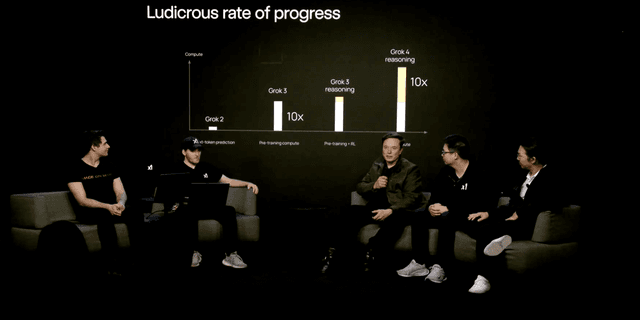
xAI just announced Grok 4 and Grok 4 Heavy, its next-gen reasoning-only models that are “better than PHD levels in every subject
Grok 4 is a single-agent AI with voice, vision, and a 128K context window, while 4 Heavy is its advanced sibling, with multiple agents to tackle complex tasks.
Both mark a major jump in benchmarks, achieving SOTA on Humanity's Last Exam, Arc-AGI-2, and AIME, and surpassing Gemini 2.5 Pro and OpenAI’s o3.
Despite being a relatively new player, Musk’s xAI is already challenging the AI heavyweights. The latest release showcases the power of its Colossus supercomputer and pushes the scaling frontier further, though in the wake of the Grok 3 controversy, it’s likely to face heightened scrutiny from experts around the world.
Perplexity launched Comet, a new AI browser that embeds the company’s search engine alongside an assistant capable of performing agentic tasks—like booking meetings and navigating websites—while integrating with user workflows.
The Comet Assistant lives in a sidebar that watches users browse, answering questions while automating tasks like email and calendar management.
Users can utilize the agentic assistant to “vibe browse” without interacting directly with sites, using natural language or via voice commands.
Chrome has had a chokehold on the browser for years — but appears to be a step behind on the agentic, AI-driven transition. While there will be hiccups as agents continue to evolve, Dia, Comet, and soon OpenAI (more below) are taking the first steps into a new, inevitable shift in how we navigate and take actions on the web.